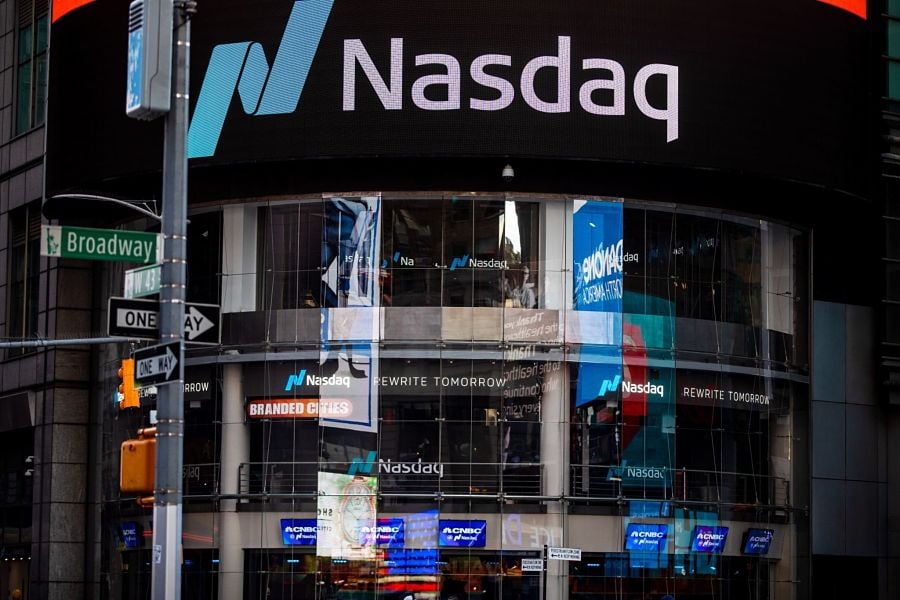

Nasdaq Inc. has formed a joint venture with Citigroup Inc., Goldman Sachs Group Inc. and Morgan Stanley to establish a trading venue for shares of closely held companies.
Nasdaq Private Market will be added to the new stand-alone company, which will also get strategic investments from the three Wall Street banks and SVB Financial Group, Nasdaq said in a statement Tuesday.
The marketplace’s existing technology, client relationships and regulatory infrastructure will provide a foundation for the joint venture to offer liquidity for closely held companies, Nasdaq said.
Interest in investing in such companies has grown in recent years as novel ways of bringing them public, including the use of blank-check firms, have gained steam. The new platform will give closely held companies, brokers and investors the ability to access, manage and execute their stock transactions through a global marketplace, Nasdaq said.
Participants will be able to engage in tender offers, buy-side book-building, auctions, investor block trades, company-directed windows of liquidity and pre-direct-listing trading.
“This joint venture will accelerate our opportunities in the private-company secondary-trading market and establish the standard for technology-driven operational efficiencies, compliance and execution,” Nelson Griggs, president of the Nasdaq Stock Exchange, said in the statement.

Looking to refine your strategy for investing in stocks in the US market? Discover expert insights, key trends, and risk management techniques to maximize your returns

The RIA led by Merrill Lynch veteran John Thiel is helping its advisors take part in the growing trend toward fee-based annuities.

Driven by robust transaction activity amid market turbulence and increased focus on billion-dollar plus targets, Echelon Partners expects another all-time high in 2025.

The looming threat of federal funding cuts to state and local governments has lawmakers weighing a levy that was phased out in 1981.

The fintech firms' new tools and integrations address pain points in overseeing investment lineups, account monitoring, and more.
RIAs face rising regulatory pressure in 2025. Forward-looking firms are responding with embedded technology, not more paperwork.
As inheritances are set to reshape client portfolios and next-gen heirs demand digital-first experiences, firms are retooling their wealth tech stacks and succession models in real time.
